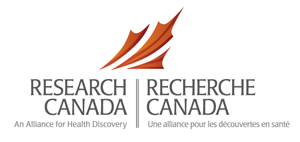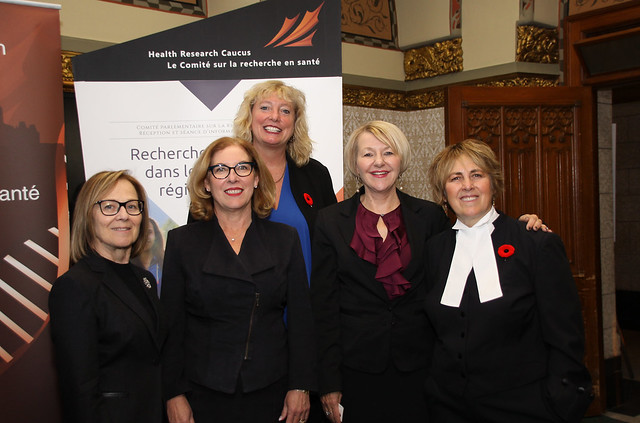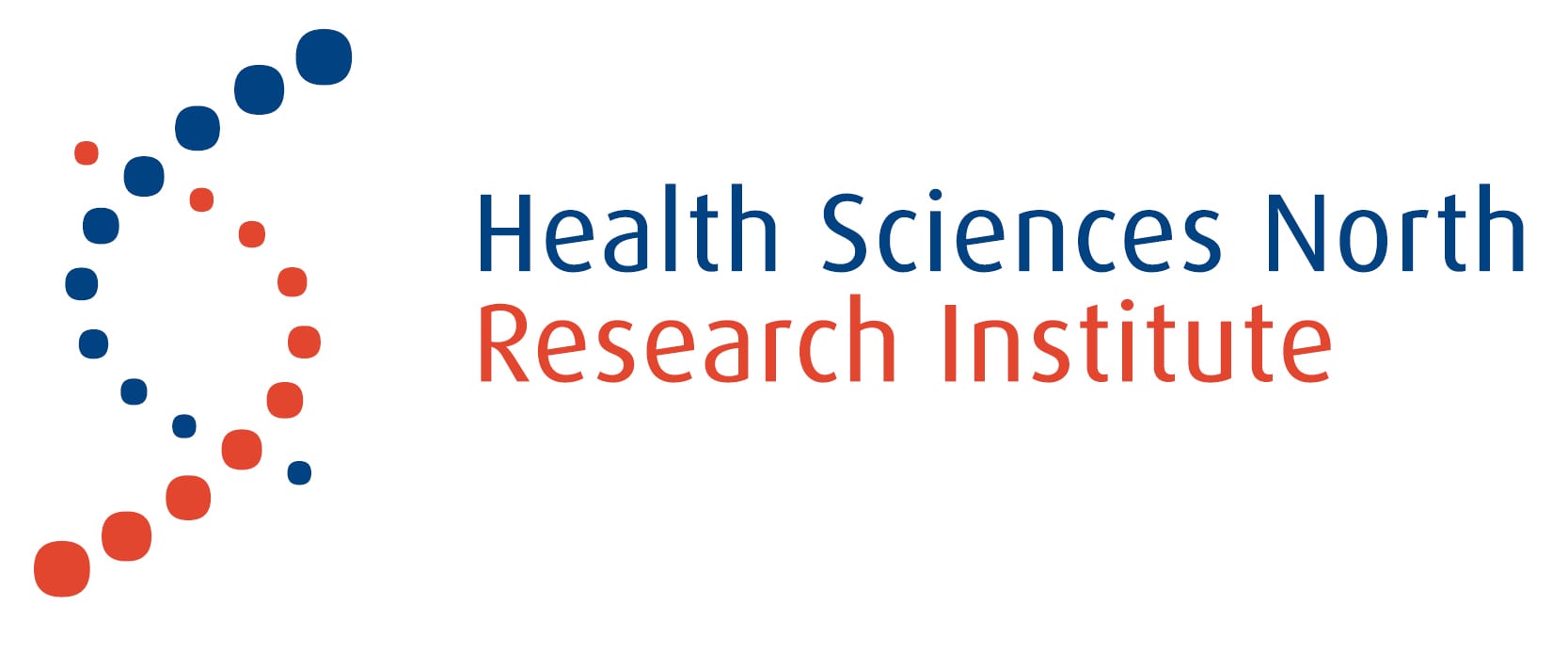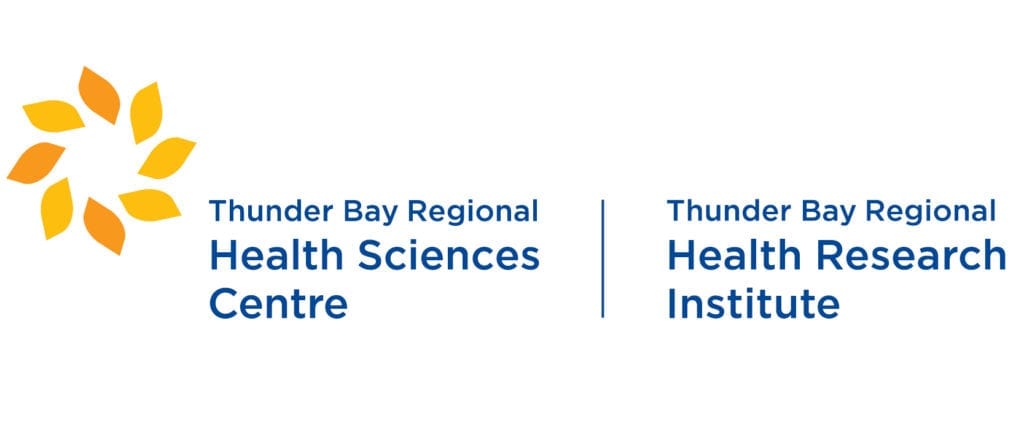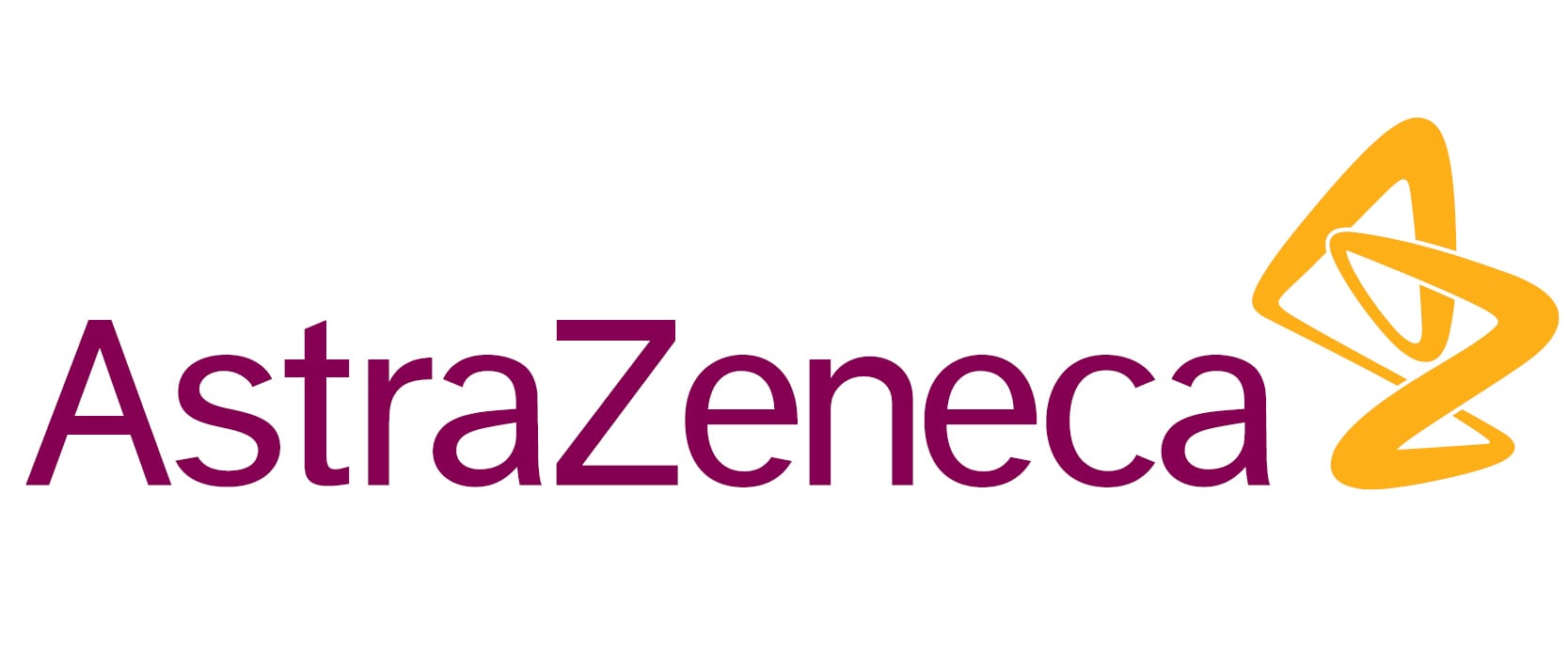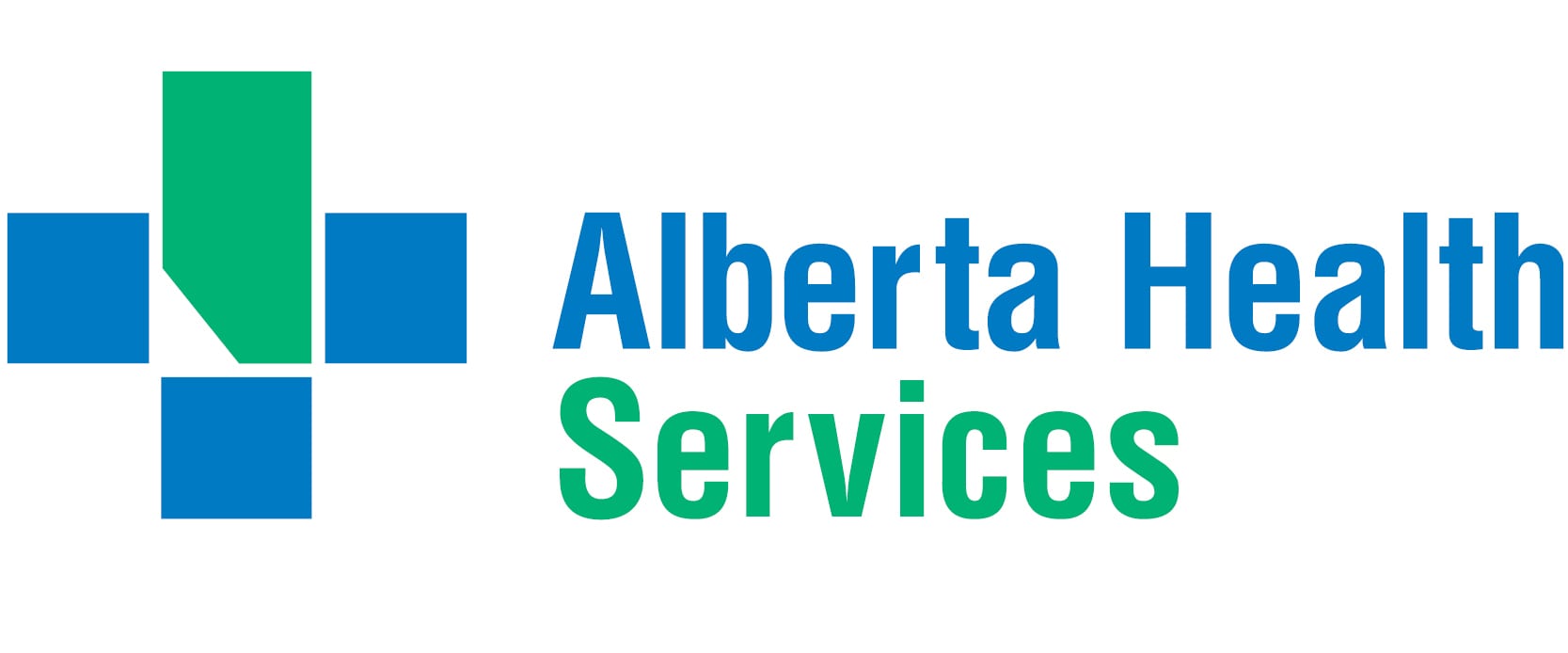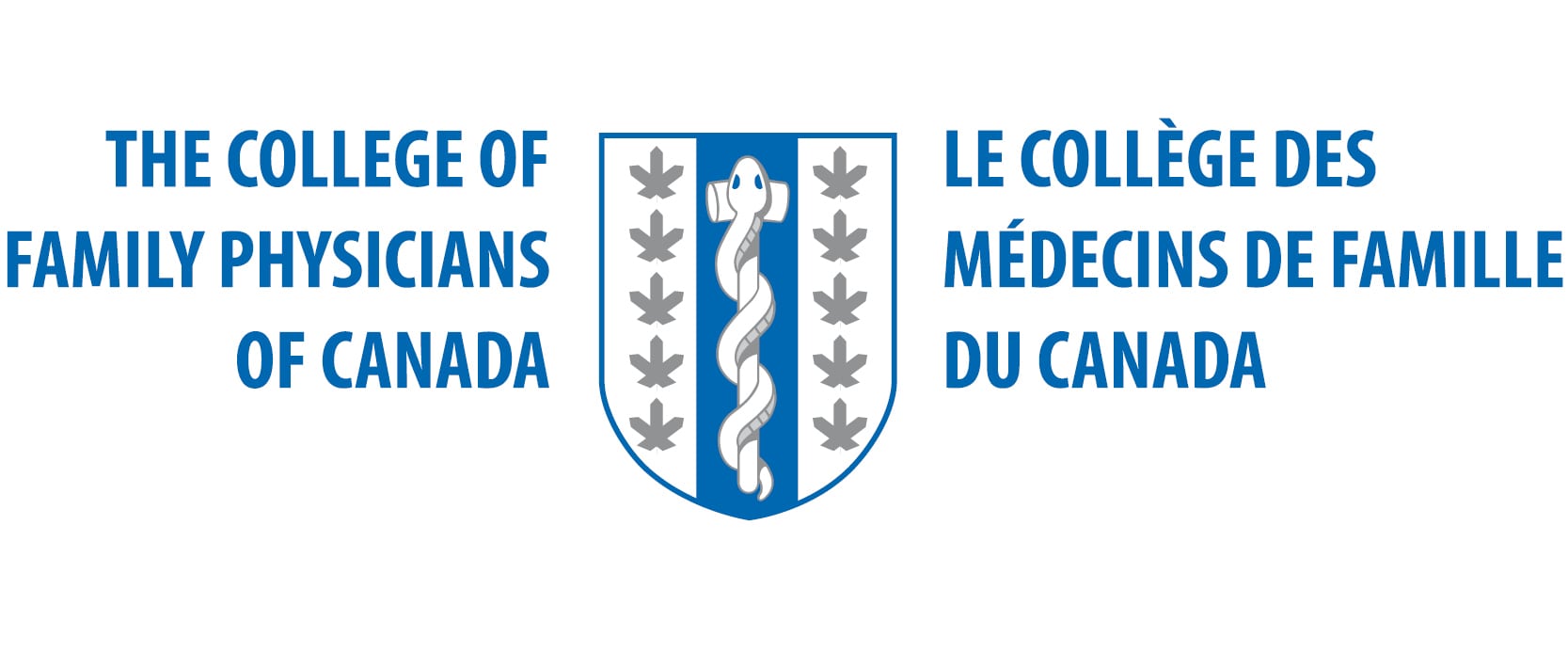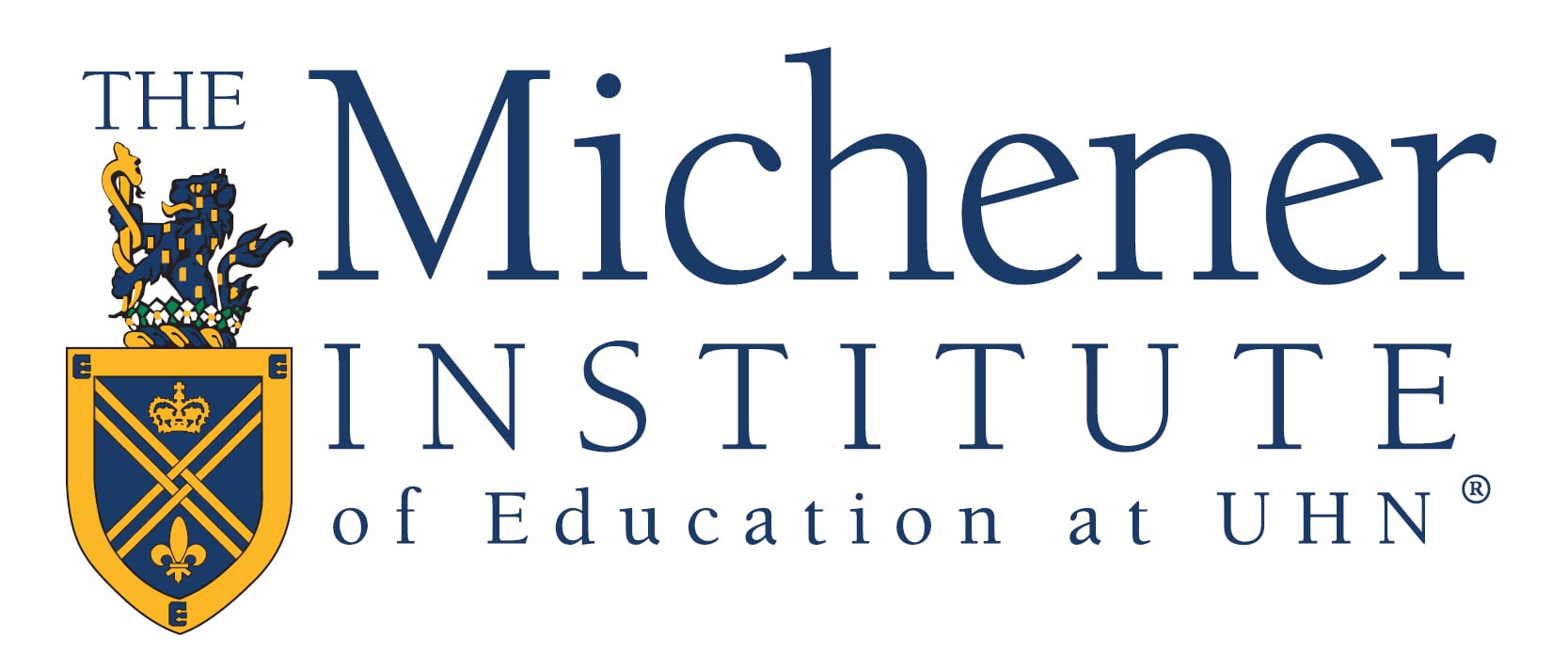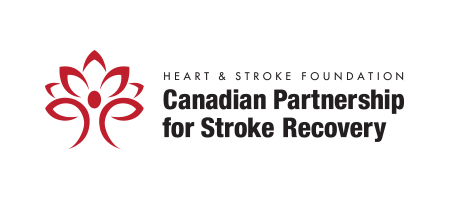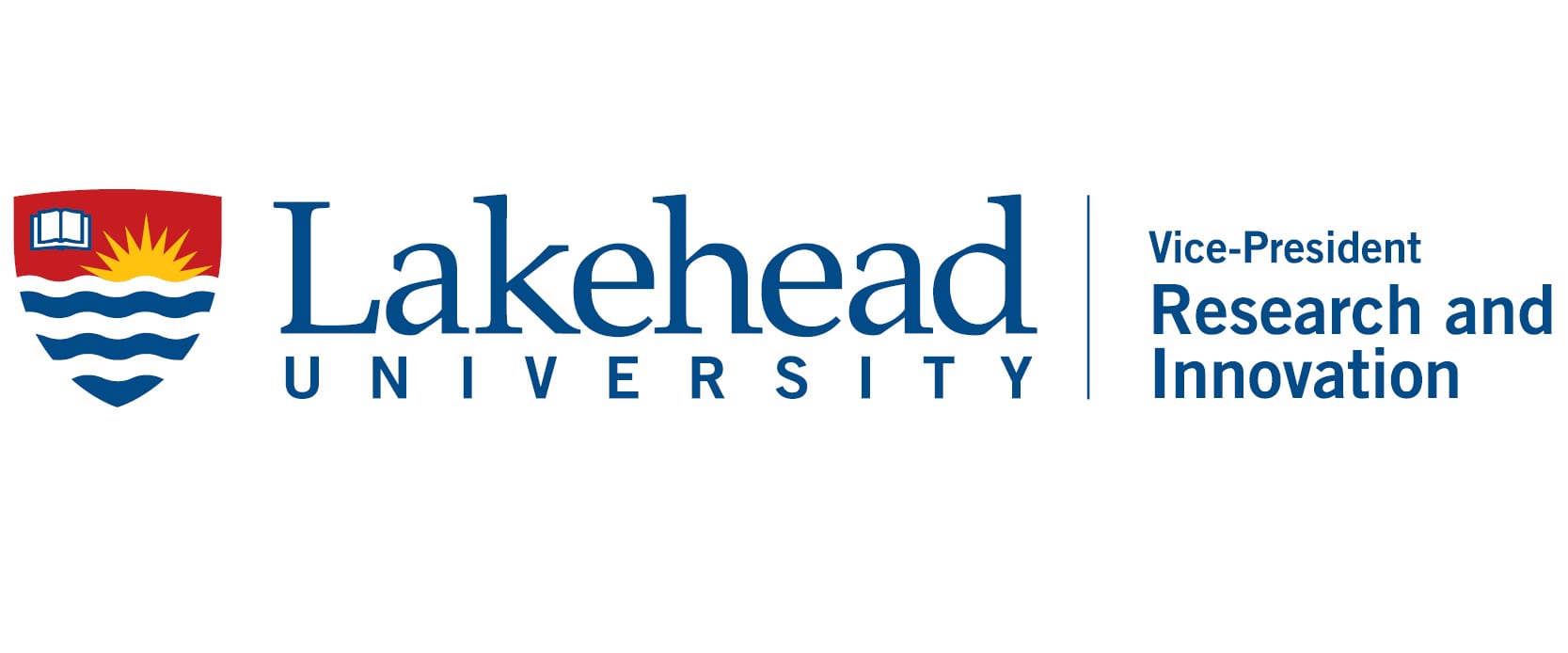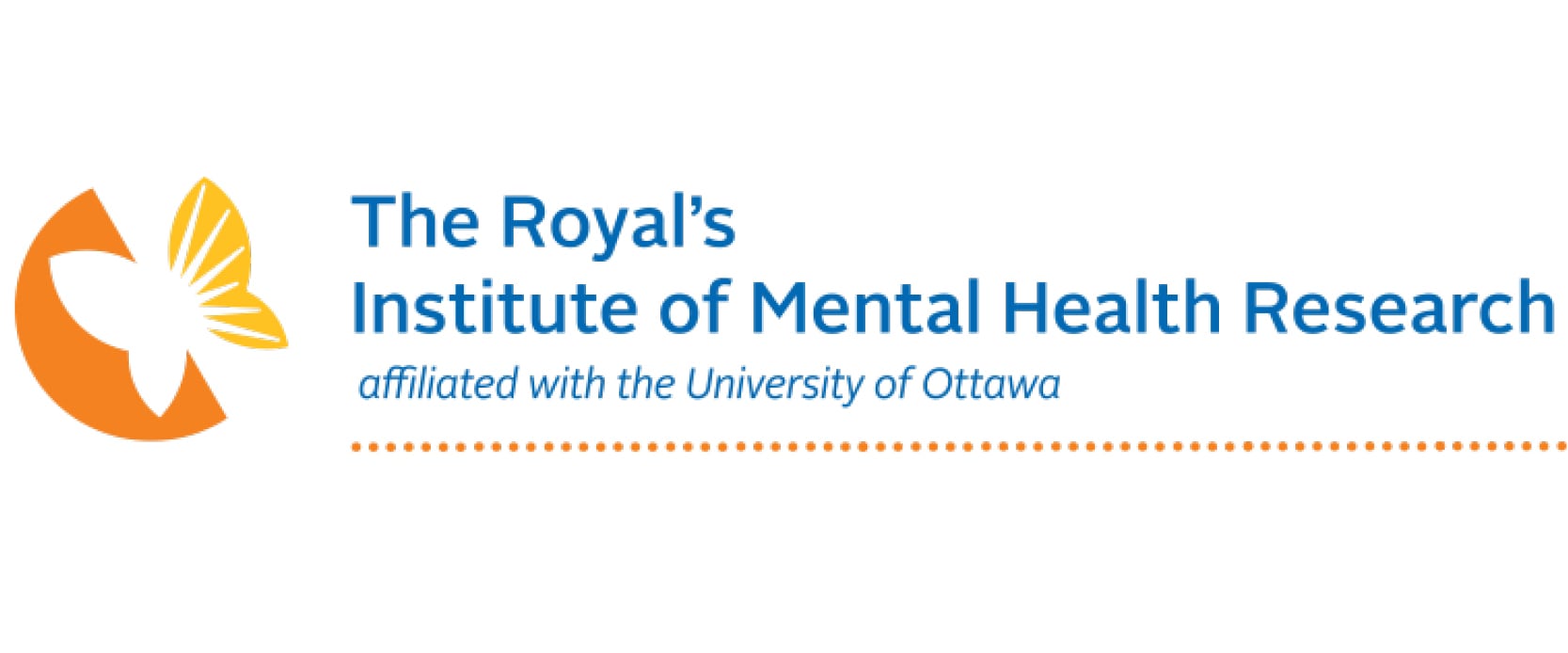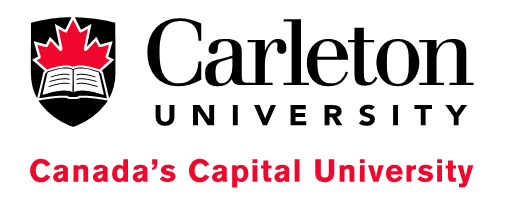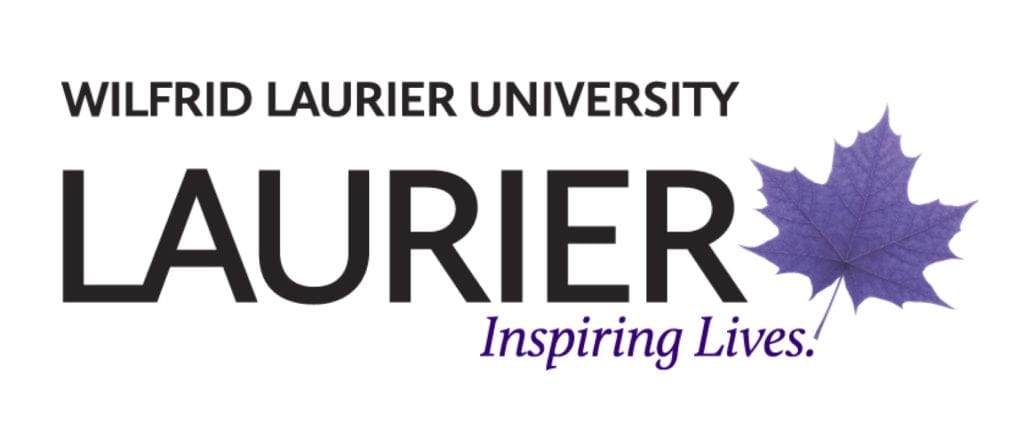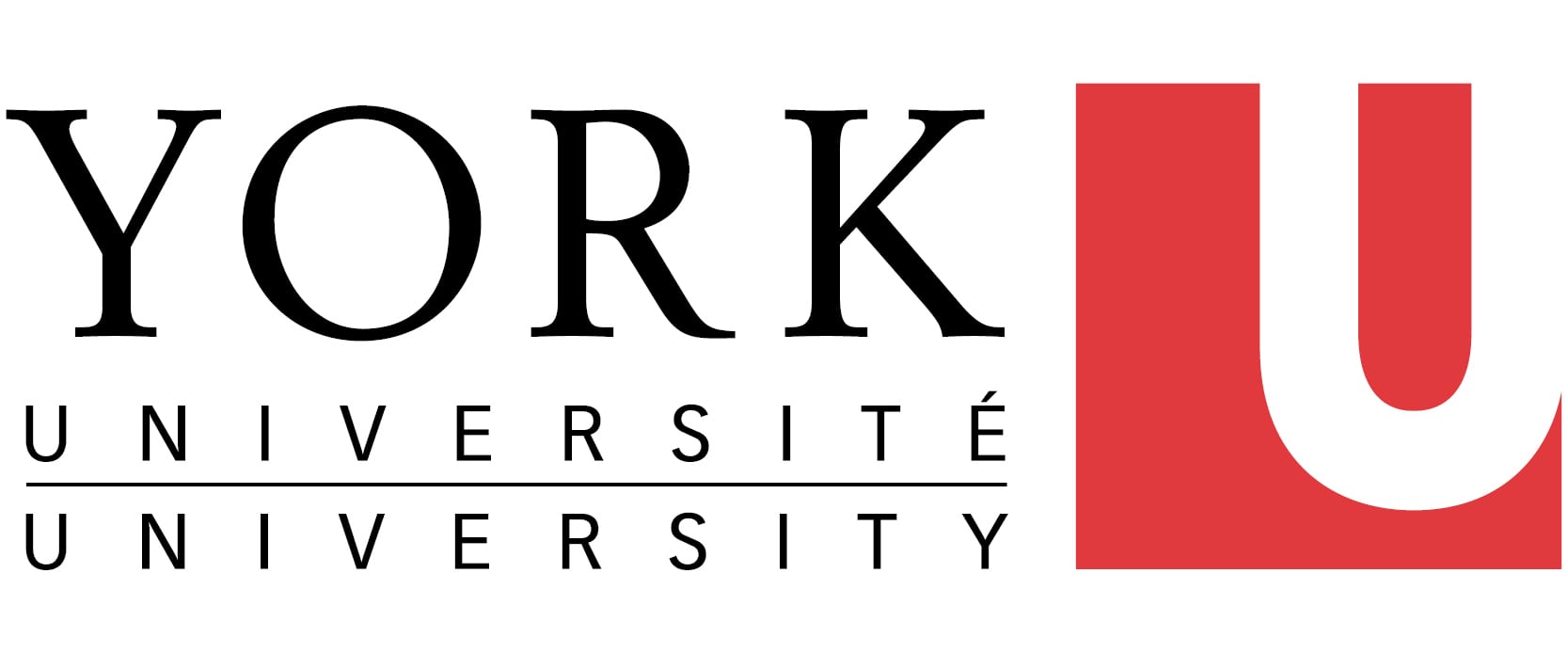Northern and Rural Health Research in Canada
Tuesday, October 30, 2018, from 3:30 p.m. – 6:30 p.m.
Speaker’s Lounge, 216-N, Centre Block, Parliament Hill
This event is by Invitation only.
To see information and pictures from past events, see the Health Research Caucus section under ‘Advocacy’ in the navigation
Northern and Rural Health Research in Canada
Rural Canada is about 20% of the employed Canadian workforce, one-third of the Canadian population and over 90% of the nation’s territory. Many rural communities in Canada are facing demographic, ecological, economic and social challenges due to geographic and social isolation, depletion of natural resources, boom-and-bust cycles in primary industries, chronic high unemployment, out migration of the young, population aging, environmental decay, inadequate or deteriorating municipal infrastructure, etc. These problems have profound implications for the health and well-being of northern, Indigenous and rural Canada.
The challenge of providing good quality health care close to home is nothing new to Canada’s northern and rural regions. In spite of major scientific advancements and a health insurance system that has been developed over the past 50 years, availability and access to health care are a critical problem in Canada’s northern and rural communities.
Due to these challenges, a significant amount of northern and rural health research is focused on primary, secondary and tertiary prevention research or “upstream” research. For many health problems, a combination of primary, secondary and tertiary interventions are needed to achieve a meaningful degree of prevention and protection.
An Ounce of Prevention Equals a Pound of Cure in Canada’s Northern and Rural Communities.
Under the overarching theme of prevention for this event, northern and rural health research will be presented under three kiosk sub-themes:
Health Promotion and Resilience: Primary Prevention Research
Research in this area focuses on how we can prevent exposures to hazards that cause disease or injury, altering unhealthy or unsafe behaviours that can lead to disease or injury, and increasing resistance to disease or injury should exposure occur.
- Heather Castleden, PhD
- Susan Chatwood, BScN, MSc, PhD
- Nancy Doubleday, PhD
- Mélanie Lemire, PhD
- Deborah McGregor, PhD
- Robyn McQuaid, PhD
- JoLee Sasakamoose, PhD
- Sonja Wicklum, MD, CCFP, FCFP
Heather Castleden, PhD
Canada Research Chair, Reconciling Relations for Health, Environments and Communities
Associate Professor, Queen’s University
Dr. Heather Castleden is an Associate Professor in Geography and Public Health Sciences at Queen’s University in Kingston, Ontario where, as a settler-scholar-ally, she holds the Canada Research Chair in Reconciling Relations for Health, Environments, and Communities. She is a community-engaged researcher working in collaborative partnerships with Indigenous peoples, organizations, and governments across the country. Her varied program of research focuses on rural and remote Indigenous health equity through the lens of ‘healthy lands, healthy peoples’.
Susan Chatwood, BScN, MSc, PhD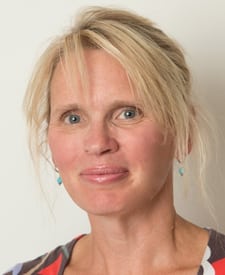
Associate Professor, University of Alberta School of Public Health
Scientific Director, Institute for Circumpolar Health Research
Dr. Susan Chatwood is an Associate Professor in the School of Public Health at the University of Alberta, and holds affiliations as an Associate Professor at the University of Toronto and is Scientific Director of the Institute for Circumpolar Health Research. Dr. Chatwood has spent most of her career in remote and northern communities, working in the clinical setting, public health and research. Her research interests include training and capacity building in the north, circumpolar health systems stewardship and performance, and the synthesis of knowledge that promotes broader understandings of health systems and wellness in the Arctic.
Nancy Doubleday, PhD
HOPE Chair in Peace and Health
Associate Professor, Department of Philosophy, McMaster University
Dr. Nancy C. Doubleday is Hope Chair in Peace and Health, Department of Philosophy, at McMaster University in Hamilton, Ontario; and an Adjunct Professor with the United Nations University – Institute for Water, Environment and Health (UNU-INWEH). Linking drivers selected from ecology, contaminants, climate, migration, environmental ethics, and Indigenous rights, with health through agency, governance and co-management, her current research targets individual and community agency within polycentric governance in our changing world for Global Water Futures.
Mélanie Lemire, PhD
Assistant Professor, Faculty of Medicine, Laval University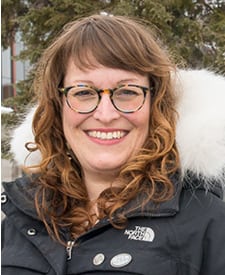
Researcher, CHU de Québec Research Centre
Dr. Mélanie Lemire is Nasivvik Research Chair in Ecosystem Approaches to Northern Health, Professor at Laval University and researcher at the CHU de Québec. Her projects pursue transdisciplinary, intersectoral and participatory approaches, and focus on the study of global changes, environmental contaminants and nutrition related to the health of Indigenous and coastal populations. Her findings are used to inform decisions and decision making-tools at the local level and to work towards the ban of contaminants at the federal and international levels.
Deborah McGregor, PhD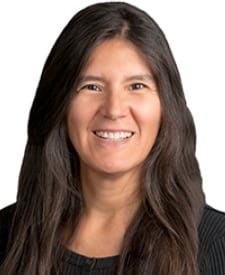
Associate Professor, Osgoode Hall Law School, York University
Canada Research Chair in Indigenous Environmental Justice
Dr. Deborah McGregor joined York University’s Osgoode Hall law faculty in 2015 as a cross-appointee with the Faculty of Environmental Studies. Dr. McGregor’s research has focused on Indigenous knowledge systems and their various applications in diverse contexts including water and environmental governance, environmental and health justice, forest policy and governance and sustainability. She remains actively involved in a variety of Indigenous communities, serving as an advisor and continuing to engage in community-based research and initiatives. Dr. McGregor is Anishinaabe from Whitefish River First Nation, Birch Island, Ontario.
Robyn McQuaid, PhD
Scientist, Culture & Gender Research Unit, The Royal’s Institute of Mental Health Research, affiliated with the University of Ottawa
Adjunct Professor, School of Psychology, University of Ottawa
Dr. Robyn McQuaid is a Scientist at The Royal’s Institute of Mental Health Research, affiliated with the University of Ottawa. As a biological health researcher, she examines the impacts of stress and trauma on mental health, with a focus on depression. One aspect of her research program examines the intergenerational impacts of trauma, such as the residential schools, and current disparities on the mental health and wellness of First Nations peoples in Canada.
JoLee Sasakamoose, PhD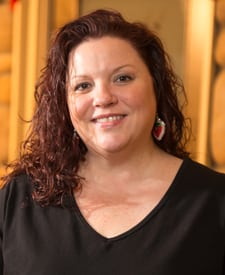
Associate Professor, Faculty of Education, University of Regina
Research Director, Indigenous Wellness Research Community Network
Dr. JoLee Sasakamoose is Ojibwe from M’Chigeeng First Nation and resides on the Ahtahkakoop Cree Nation in Saskatchewan. She is the Research Director of the Indigenous Wellness Research Community Network. Her network engages clinicians and patients as co-researchers in areas of HIV/infectious disease prevention and treatment, mental health and addictions, and the uses of traditional plant-based medicines for wellness. With funding from multiple agencies her Network is bringing wellness into First Nations and Metis communities throughout Saskatchewan.
Sonja Wicklum, MD, CCFP, FCFP
Family Medicine Clerkship Director
Clinical Assistant Professor, University of Calgary Cumming School of Medicine
Dr. Sonja Wicklum is an academic and teacher in the Department of Family Medicine. In collaboration with a number of Indigenous communities she co-founded the Women Warriors program, a holistic, physical activity-based wellness program for Indigenous women. It is designed to empower women and provide a safe, supportive and culturally relevant environment to support healthy behaviours. It has also been a powerful tool for reconciliation. Other research interests include obesity management in primary care.
www.womenwarriors.club
Early Diagnosis and Treatment: Secondary Prevention Research
Research in this area aims to reduce the impact of a disease or injury that has already occurred. This is done by detecting and treating disease or injury as soon as possible to halt or slow its progress, encouraging personal strategies and implementing programs to return people to their original health and function.
- Laura Arbour, MD, MSc, FRCPC, FCCMG
- Mark E. Fenton, MD, MSc, FRCPC
- Amadeo Parissenti, PhD
- Cédric Yansouni, MD
Laura Arbour, MD, MSc, FRCPC, FCCMG
Professor, UBC Medical Genetics and the Island Medical Program
Dr. Laura Arbour is a pediatrician and clinical geneticist whose research integrates maternal child health issues and the understanding of the genetic component to Indigenous health in all ages. For over two decades she and First Nations/ Inuit partners have addressed genetic predisposition to rare diseases (including inherited arrhythmias), infant mortality and autoimmune liver disease leading to her current project addressing challenges to access: “Silent Genomes: Reducing health-care disparities and improving diagnostic success for Indigenous children with genetic disease”.
Mark E. Fenton, MD, MSc, FRCPC, ABIM Board Certified in Sleep Medicine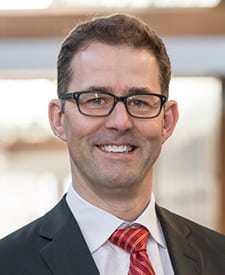
Associate Professor of Medicine, Division of Respirology, Critical Care and Sleep Medicine
Department of Medicine, University of Saskatchewan
Dr. Mark Fenton is an Associate Professor of Medicine at the University of Saskatchewan, and is the Medical Director of the Saskatchewan Lung Transplant Program and the Sleep Disorders Centre in the Saskatoon Health Region. He has received funding from provincial and national agencies for his research on obstructive sleep apnea and the respiratory health of Indigenous Peoples. Dr. Fenton has recently published the first study of lung function in Saskatchewan First Nations adults.
Amadeo Parissenti, PhD
Scientist, Health Sciences North Research Institute
Professor, Laurentian University and Northern Ontario School of Medicine
Dr. Amadeo Parissenti is a Scientist at Health Sciences North and a Professor at Laurentian University and the Northern Ontario School of Medicine. In collaboration with Rna Diagnostics, Inc., he developed an assay to predict cancer patient outcome by monitoring early in treatment the ability of chemotherapy agents to induce tumour RNA degradation. Patients with low RNA degradation (poor outcome) can be spared the side effects of the ineffective regimen and moved promptly to alternate treatments.
Cédric Yansouni, MD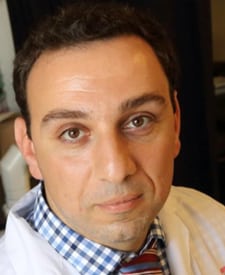
Assistant Professor, Infectious Diseases & Medical Microbiology, McGill University Health Centre
Health Axis co-Lead, Institut Nordique du Québec (INQ)
Dr. Cédric Yansouni serves as Associate Director of the J.D. MacLean Centre for Tropical Diseases at the McGill University Health Centre, and as co-Lead of the Institut Nordique du Québec (INQ) Health Axis. His research is focused on informing policy on diagnostics for severe and emerging infectious diseases in low-resource or remote communities. He has served as technical advisor to the World Health Organization for prequalification of diagnostics, and holds a Chercheur-boursier clinicien Career Award from the FRQS.
Rehabilitation and Recovery: Tertiary Prevention Research
Research in this area aims to reduce the impact of an ongoing illness or injury that has lasting effects. This is done by helping people manage long-term, often complex health problems and injuries (e.g. chronic diseases, permanent impairments).
Hélène Corriveau, PhD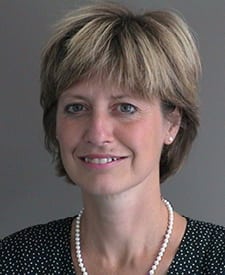
Researcher, Research Centre on Aging, CIUSSS de l’Estrie – CHUS
Full Professor, Faculty of Medicine and Health Sciences, Université de Sherbrooke
Dr. Hélène Corriveau is a full professor at the School of Rehabilitation, Université de Sherbrooke, as well as a researcher at the Research Centre on Aging, CIUSSS de l’Estrie – CHUS. Dr. Corriveau’s primary research themes are: (1) prevention of falls and balance problems among relatively healthy elderly persons and among those presenting sensory and motor impairments such as stroke, and (2) evaluation of the effectiveness of different integrated rehabilitation programs (e.g., Tai Chi, telerehabilitation).
Andrea Furlan, MD, PhD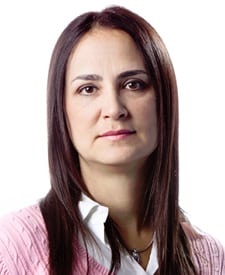
Staff Physician and Senior Scientist, Toronto Rehabilitation Institute at UHN
Associate Professor, Department of Medicine, University of Toronto
Dr. Andrea Furlan is a rehabilitation physician with specialization in chronic pain management. Her team at Toronto Rehab was the first to introduce Project ECHO in Canada, which is a program that bridges the gap between specialists in academic centres and clinicians working in rural and remote areas. Project ECHO moves knowledge, not people, and uses weekly sessions of videoconference where clinicians in remote areas present cases to the multi disciplinary team of experts. ECHO enables a community of practice where all teach and all learn.
Paul Peters, PhD
Associate Professor, Department of Health Sciences
Carleton University
Dr. Paul Peters is an Associate Professor in the Department of Health Sciences, Carleton University. The essence of his research is on the study of small rural places and small urban spaces in a context of enduring structural inequities and extensive social inequalities. His rural research focuses on inequalities in life expectancy, small-area demographic change, frequent hospital users, and accessibility of health services using a patient- and community-engaged approach.
Researcher Profiles
Research Canada is committed to profiling and supporting the work of researchers from our Membership and across Canada. Please Click here to see profiles of other leading experts in the area of northern and rural research in Canada.
Thank you to our Sponsors
Innovative Medicines Canada is the national voice of Canada’s innovative pharmaceutical industry. We advocate for policies that enable the discovery, development and commercialization of innovative medicines and vaccines that improve the lives of all Canadians. We support our members’ commitment to being valued partners in the Canadian healthcare system.
The Health Sciences North Research Institute (HSNRI) is the affiliated research institute of Health Sciences North. HSNRI’s purpose is to contribute real and sustained solutions for healthcare challenges faced by the people and communities of Northern Ontario. HSNRI’s innovative research focuses on Healthy Aging, Personalized Medicine, Cancer Solutions, Infection and Immunity, and Northern and Indigenous Health.
Thunder Bay Regional Health Sciences Centre and Thunder Bay Regional Health Research Institute conduct health research across Northwestern Ontario and beyond. Their research mission is to be an international leader in health technology research and other strategic health innovation, addressing basic science, clinical research and population health.
 LifeScan Canada, the distributor of OneTouch® blood glucose monitoring products, is dedicated to creating a world without limits for people with diabetes. The OneTouch Verio® family of meters use colour to provide better understanding of blood sugar results. Our newest innovation, the OneTouch Verio® Flex meter, features ColourSure™ technology that instantly shows when patients’ blood glucose results are in or out of range. It syncs wirelessly with the OneTouch Reveal® app, the #1 most downloaded diabetes management app in Canada1. Together, the OneTouch Reveal® mobile app and the OneTouch Verio Flex® meter help people with diabetes and their healthcare teams harness the power of information to help them take a step forward in managing their diabetes. For more information, visit: www.OneTouch.ca.
LifeScan Canada, the distributor of OneTouch® blood glucose monitoring products, is dedicated to creating a world without limits for people with diabetes. The OneTouch Verio® family of meters use colour to provide better understanding of blood sugar results. Our newest innovation, the OneTouch Verio® Flex meter, features ColourSure™ technology that instantly shows when patients’ blood glucose results are in or out of range. It syncs wirelessly with the OneTouch Reveal® app, the #1 most downloaded diabetes management app in Canada1. Together, the OneTouch Reveal® mobile app and the OneTouch Verio Flex® meter help people with diabetes and their healthcare teams harness the power of information to help them take a step forward in managing their diabetes. For more information, visit: www.OneTouch.ca.
1As reported for all diabetes management apps downloaded in Canada in 2017 from Google Play and Apple iOS App Stores. Research2Guidance data Q42017.
